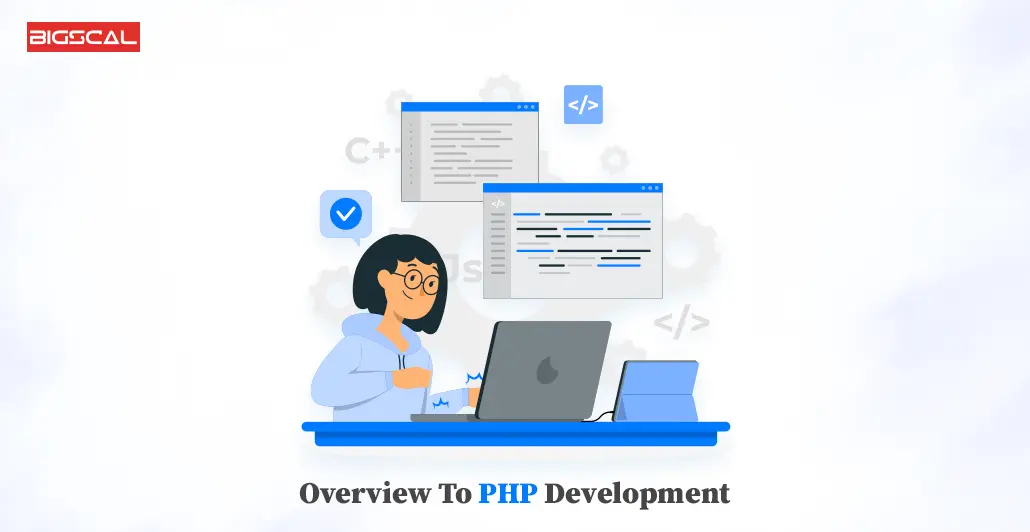News Blast
Stay updated with the latest happenings around the world.
PHP Development: Code Like Nobody's Watching
Unlock your PHP coding potential! Discover tips and tricks to code confidently and creatively—like nobody's watching. Join the revolution!
Essential PHP Functions Every Developer Should Know
As a PHP developer, understanding essential functions is crucial for efficient coding and streamlined workflow. Here are some of the essential PHP functions every developer should know:
- strlen(): This function is used to get the length of a string, which can be helpful for validating user input.
- array_push(): This function adds one or more elements to the end of an array, making it the go-to for dynamic array manipulation.
- strpos(): It searches for a specific string within another string, returning its position, which is useful for text processing.
Additionally, mastering functions like json_encode() and json_decode() is essential for handling data in JSON format, especially in APIs. Developers should also pay attention to preg_match(), which allows for regular expression pattern matching, providing powerful text parsing capabilities. By familiarizing yourself with these essential PHP functions, you'll enhance your coding efficiency and boost your ability to manage data effectively.

How to Optimize Your PHP Code for Better Performance
Optimizing your PHP code for better performance is essential to ensure your web applications run efficiently and can handle increased traffic without slowing down. One of the first steps you can take is to reduce the number of database queries. This can be achieved by using caching techniques and minimizing calls to the database. Additionally, consider using prepared statements and efficient indexing to speed up data retrieval. Remember, the less time your code spends waiting for data, the better the overall performance of your application.
Another effective method is to optimize your code structure. Break your code into smaller, reusable functions and avoid deep nesting of conditions. You can also leverage built-in PHP functions that are optimized for performance, such as array_map and array_filter, which can greatly improve the speed of data processing. Lastly, always remember to profile your PHP scripts using tools like Xdebug or Blackfire to identify bottlenecks in your code and address them accordingly, ensuring a smoother user experience.
Top 10 Common PHP Mistakes and How to Avoid Them
When working with PHP, it's easy to fall into common pitfalls that can lead to errors or inefficient code. Some of the top mistakes include failing to validate user inputs, which can open the door to security vulnerabilities, and neglecting to use error handling techniques. To avoid these issues, always ensure you're sanitizing input data and using try-catch blocks for managing exceptions. Implementing these best practices will help you maintain a secure and robust application.
Another frequent oversight is not optimizing database queries, which can significantly slow down your application. It's essential to use prepared statements to prevent SQL injection and enhance performance. Also, remember to manage your variable scope properly; global variables can lead to unexpected behavior and bugs. By adhering to these guidelines and understanding the top 10 common PHP mistakes, you can improve the efficiency and security of your PHP applications.